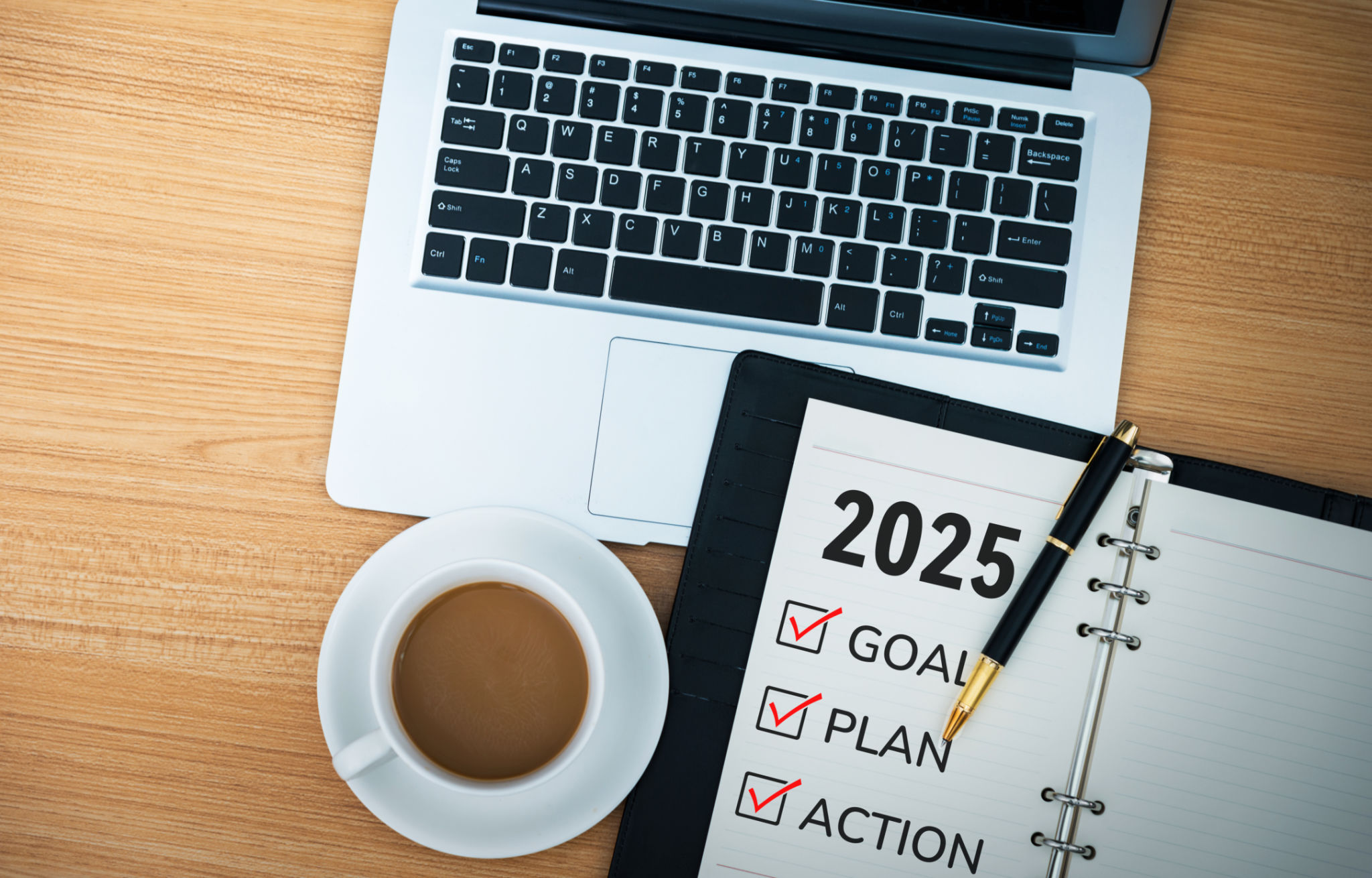Proven Techniques for Easing Mental Tension
Understanding Mental Tension
Mental tension is a common experience in today's fast-paced world. It can manifest in various ways, such as stress, anxiety, or even physical symptoms like headaches and fatigue. Understanding the root causes of this tension is essential to finding effective ways to alleviate it. By addressing these underlying issues, you can improve your mental well-being and overall quality of life.
Some common sources of mental tension include work-related stress, personal relationships, financial worries, and lifestyle factors. Recognizing these triggers can help you develop strategies to manage and reduce tension effectively.

Practice Mindfulness and Meditation
One proven technique for easing mental tension is incorporating mindfulness and meditation into your daily routine. These practices encourage you to focus on the present moment, allowing you to let go of worries about the past or future. By regularly practicing mindfulness, you can develop a greater sense of clarity and calm.
Start by setting aside a few minutes each day for meditation. You can use guided meditation apps or simply focus on your breathing. Over time, you'll find that these practices can significantly reduce stress and improve your mental resilience.
Engage in Physical Activity
Physical activity is not only beneficial for your physical health but also plays a crucial role in managing mental tension. Exercise releases endorphins, which are natural mood lifters. Whether it's going for a run, practicing yoga, or engaging in a team sport, regular physical activity can help alleviate stress and improve your overall mental health.

It's important to find an activity that you enjoy, as this will make it easier to stick with it consistently. Even short bursts of exercise throughout the day can be effective in reducing tension.
Maintain a Healthy Lifestyle
Maintaining a healthy lifestyle can significantly impact your mental well-being. A balanced diet, adequate sleep, and proper hydration are all essential components of a healthy lifestyle that can contribute to reducing mental tension.
- Diet: Include a variety of fruits, vegetables, whole grains, and lean proteins in your meals.
- Sleep: Aim for 7-9 hours of quality sleep each night to allow your body and mind to recharge.
- Hydration: Drink plenty of water throughout the day to keep your body functioning optimally.

Connect with Others
Social connections play a vital role in managing mental tension. Engaging with friends, family, or support groups can provide emotional support and help you navigate challenging situations. Sharing your thoughts and feelings with others can offer new perspectives and make you feel less isolated.
If you're struggling to connect with others in person, consider joining online communities or support groups where you can interact with like-minded individuals who understand what you're going through.
Set Realistic Goals
Setting realistic goals can help reduce mental tension by providing a sense of direction and accomplishment. Break down larger tasks into smaller, manageable steps, and celebrate your progress along the way. This approach not only reduces overwhelm but also boosts motivation and self-esteem.

Remember that it's okay to adjust your goals as needed. Flexibility is key to maintaining balance and avoiding unnecessary stress.
Seek Professional Help
If mental tension becomes overwhelming or persistent, it may be beneficial to seek professional help. Therapists or counselors can provide valuable guidance and support tailored to your specific needs. They can also offer coping strategies and techniques to manage stress effectively.
Don't hesitate to reach out for help if you're struggling. Taking this step is a sign of strength and self-awareness, and it can lead to significant improvements in your mental well-being.
